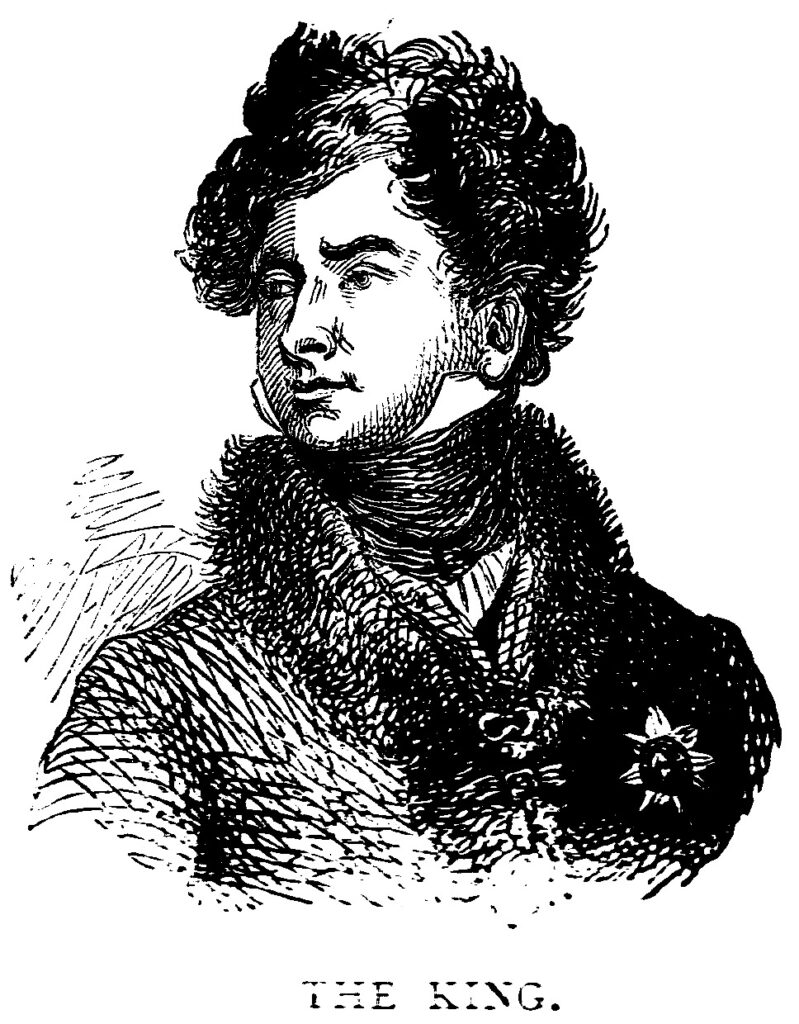On February 5, 1811, the British monarchy went through an unprecedented change. King George III was declared insane, and his eldest son, Prince George IV, was then appointed as Regent in order to rule on his father's behalf. This decision was one of the most iconic moments in British history, as it marked the beginning of a new era that was soon dominated by Victorian culture and principles.
The appointment of Prince George IV as Regent was not universally accepted. While many saw him as a suitable choice due to his intellect and education, others argued that he was too young (at age 25) and inexperienced to hold such a powerful position. In addition, some people believed that the new regency would be nothing more than a pretense for him to assume full control over the monarchy and push his own agenda forward.
Nevertheless, despite some initial resistance from certain quarters, Prince George IV proved to be an effective ruler during his nine-year tenure as Regent. He is credited with reforming Britain's criminal justice system, making significant improvements in public welfare and social reform laws, developing military policy, and strengthening diplomatic relations with other European countries. To this day, he is remembered for having reduced governmental corruption significantly during a time when nepotism and bribery were common occurrences within governmental circles in Britain.
During his reign as Regent, Prince George IV also made sure that all aspects of life in Britain conformed to a strict code of conduct which included strict adherence to etiquette rules. He was known for never indulging himself or publicly displaying any kind of excess or immorality; rather, he preferred leading by example while remaining steadfastly committed to upholding moral principles in the public sphere at all times.
The reign of George IV may not have been perfect, but it certainly left its mark on British history by laying down important foundations upon which subsequent rulers could build in order to create a stronger and more united nation – something England still holds dear today.

